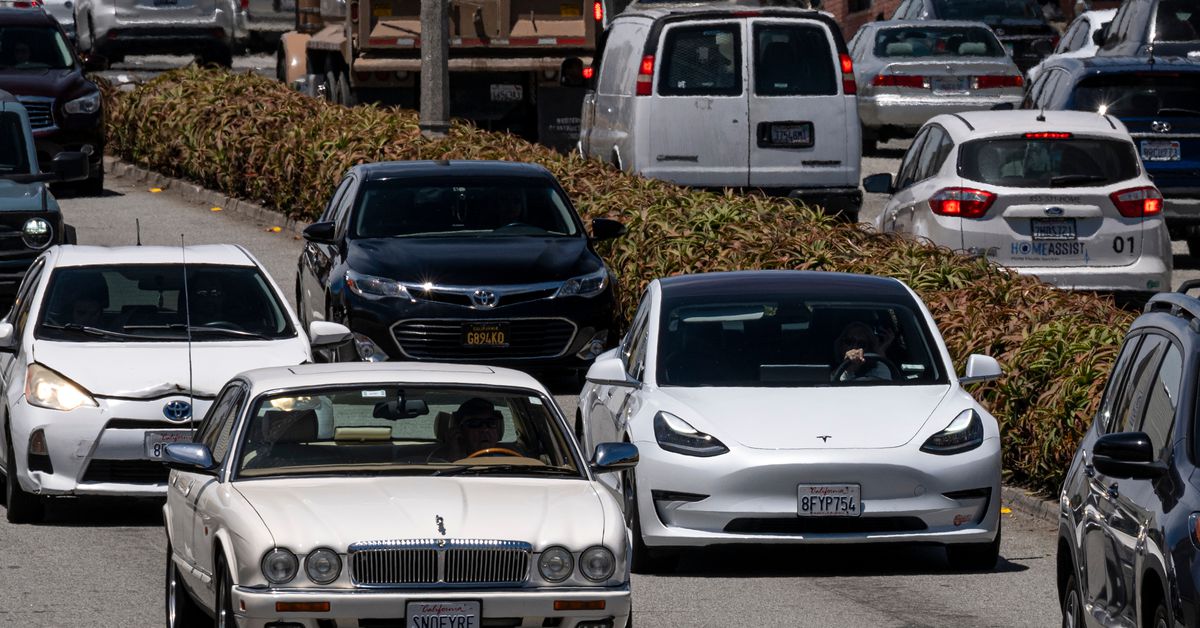California is poised to ban the sale of new gas-powered vehicles — a far-reaching policy that is likely to reverberate throughout the rest of the country and the world.
On Thursday, the California Air Resources Board will issue the new rules that were first rolled out by Governor Gavin Newsom in 2020, which would require 100 percent of new cars sold in the state to be free of carbon emissions, according to The New York Times.
The rule would phase in over time, with 35 percent of new passenger vehicles sold by 2026 and 68 percent by 2030. California says that over 16 percent of new car sales were “zero-emission vehicles” in 2022 — up from 12.41 percent last year and 7.78 percent in 2020.
CA continues to lead the way:
“Experts said the new California rule, in both its stringency and reach, could stand alongside the Washington law as one of the world’s most important climate change policies.” https://t.co/l19OOcsLgF
— Gavin Newsom (@GavinNewsom) August 24, 2022
California’s stance on new car sales is extremely consequential given the state’s status as a standard bearer for clean air regulations. To date, 14 other states have adopted its progressive zero-emission vehicle program for passenger vehicles, which was launched in the early 1990s and has spurred automakers to develop hybrid and fully electric cars. California is also one of the largest markets for car sales in the world, with nearly 15 million registered vehicles on the road and 1.85 million new vehicle registrations in 2021.
If those states follow California in setting similar rules banning the sale of new gas vehicles, then one-third of the US auto market could potentially shift to zero-tailpipe emission vehicles only.
It was the latest move by Newsom to restrict the sale and use of internal combustion engine vehicles amid a broader effort to rein in greenhouse gas emissions. In 2020, the governor signed two executive orders: one requiring all commercial trucks and vans sold in the state to be zero emission starting in 2045 and another requiring only the sale of zero-emission passenger vehicles by 2035. Last year, Newsom signed into law a bill that would require all light-duty autonomous vehicles to emit zero emissions starting in 2030.
It will be interesting to see how California’s rules overlap with the Inflation Reduction Act’s climate provisions, especially new tax credits that are aimed at incentivizing EV sales and the domestic supply chain.
Credit: Source link



